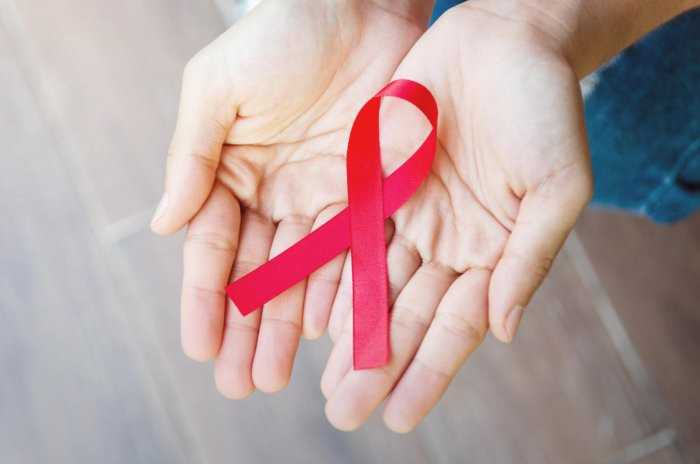Scientists from the French National Institute for Health and Medical Research, and Sorbonne Paris Nord University, have carried out a new study suggesting that some artificial sweeteners used in food and drink raise the risk of cancers by up to 13 per cent
The scientists say they monitored the diet and health of 100,000 people over eight years and found a 13 per cent higher rise of cancer risk for people who regularly consumed artificial sweeteners.
South Africans Unveil Traditional, Free DNA Test Using Cows to Tell if a Newborn Belongs to a Man
This highest risk was observed for the sweeteners aspartame and acesulfame-K, used in soft drinks like Diet Coke and Coke Zero, as well yogurts and cheese.
The French researchers looked at the diet and health records of 102,865 French adults who had an average age of 42. Three-quarters were women.
During the study, participants submit 24-hour dietary records every six months.
Researchers compared their artificial sweetener intake to cancer diagnoses reported by the participants up to January 2021.
About 37 per cent of participants knowingly consumed artificial sweeteners at least once a day.
By the end of the study 3,358 had been diagnosed with cancer, with their average age at the time their disease was found being 59.5 years.
NATO Approves 4 Battle Groups to Counter Russia over Invasion of Ukraine
Of these, 982 were breast cancers, 403 were prostate cancers and 2,032 were obesity related cancers.
The new findings suggested those people consuming larger quantities (typically 79mg per day) of artificial sweeteners had a 13 per cent higher risk of overall cancer compared to those having none.
Higher risks were observed for breast cancer (22 per cent increased risk for aspartame) and obesity-related cancers, the scientists said.
But strikingly, the study had several limitations, including that those in the study were more likely to be women and to be health-conscious.
Dietitian Emma Carder states: ‘Research into sweeteners shows they’re perfectly safe to eat or drink on a daily basis as part of a healthy diet.
They’re a really useful alternative for people with diabetes who need to watch their blood sugar levels while still enjoying their favourite foods.
‘Like sugar, sweeteners provide a sweet taste, but what sets them apart is that, after consumption, they do not increase blood sugar levels,’ she says.
Scientists for a while have also believed artificial sweeteners may have a stimulating effect on appetite and, therefore, may play a role in weight gain and obesity even though there’s little or insignificant evidence from longer term studies to show that sweeteners cause weight gain.
The researchers said: ‘Our findings do not support the use of artificial sweeteners as safe alternatives for sugar in foods or beverages and provide important and novel information to address the controversies about their potential adverse health effects.
‘While these results need to be replicated in other large-scale cohorts and underlying mechanisms clarified by experimental studies, they provide important and novel insights for the ongoing re-evaluation of food additive sweeteners by the European Food Safety Authority and other health agencies globally.’
Dr Michael Jones, senior staff scientist in genetics and epidemiology at the Institute of Cancer Research (ICR), London, said the current consensus ‘is that there is no clear evidence that artificial sweeteners cause cancer in humans’, although the issue is frequently looked at.
‘The link between artificial sweeteners and cancer reported in this study does not imply causation – it is not proof that artificial sweeteners cause cancer.
‘The types of people who use artificial sweeteners may be different in many ways to those who do not, and these differences may partly or fully explain the association.’




